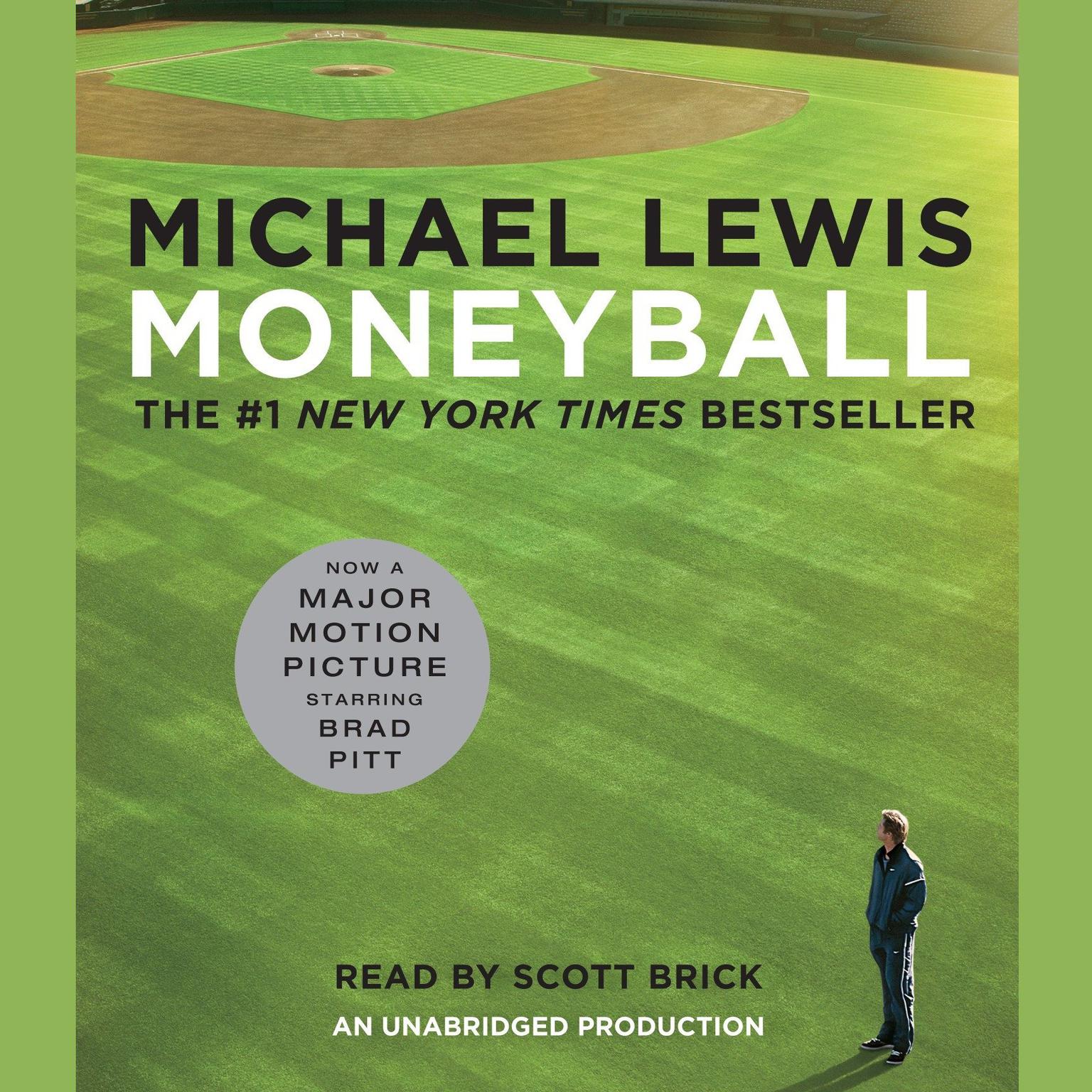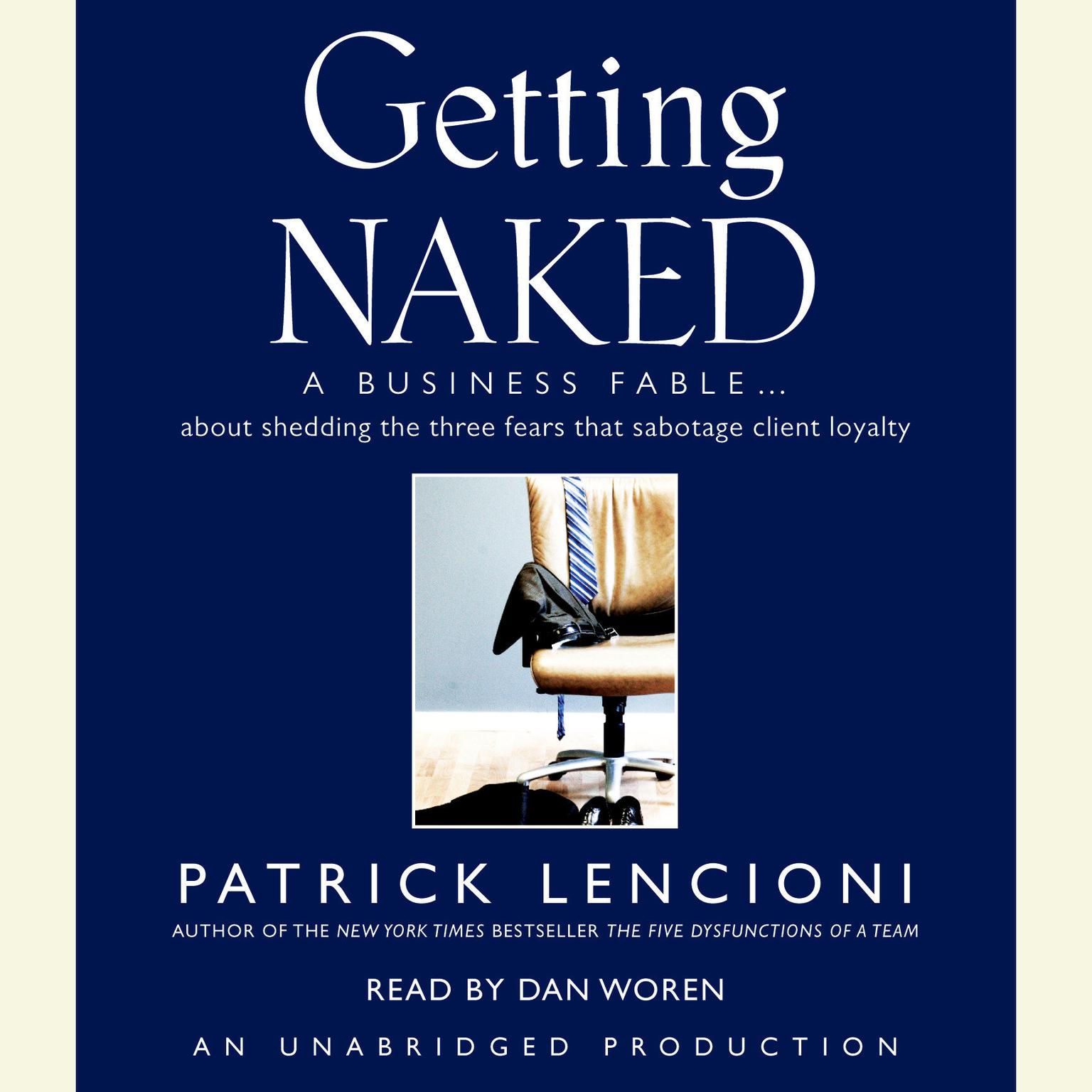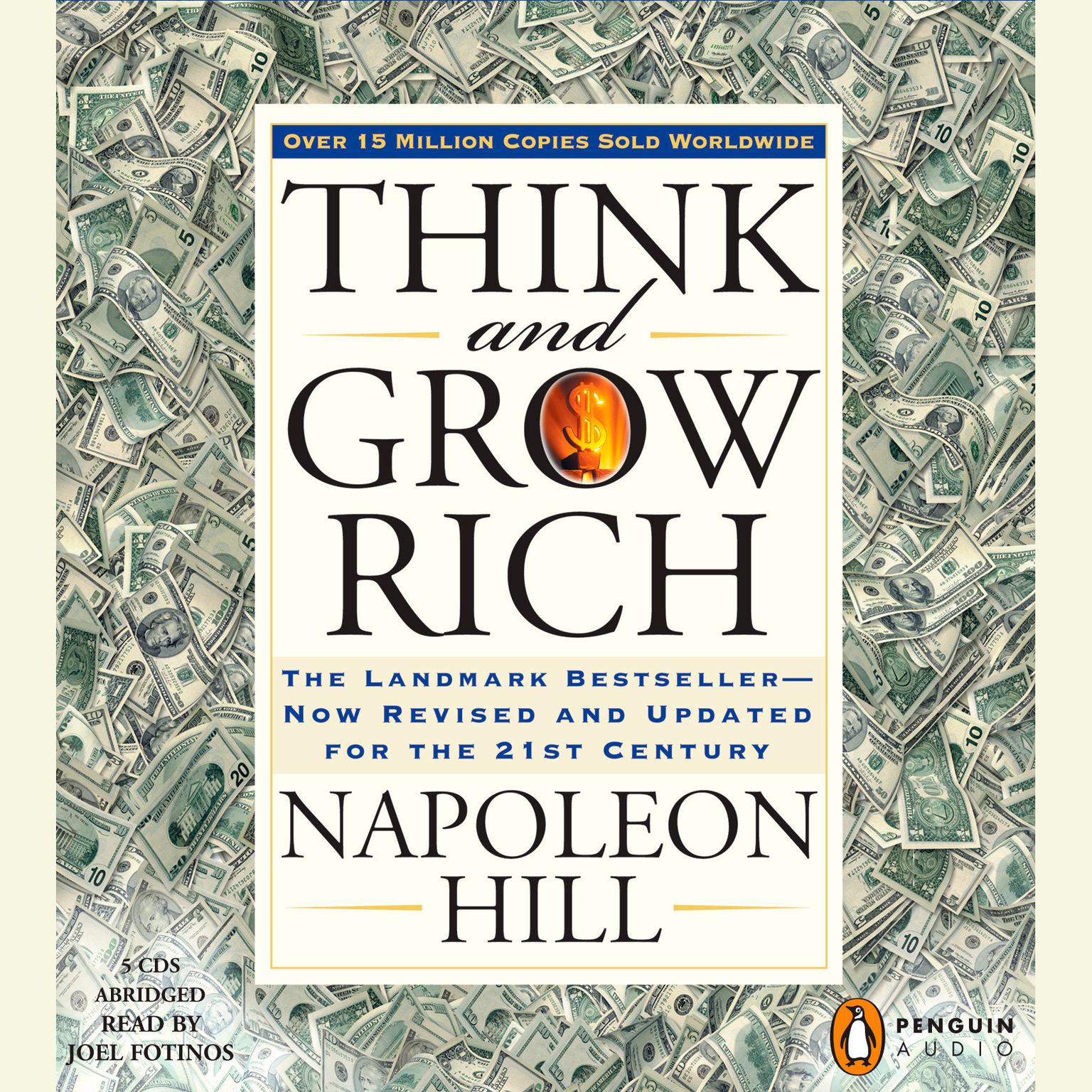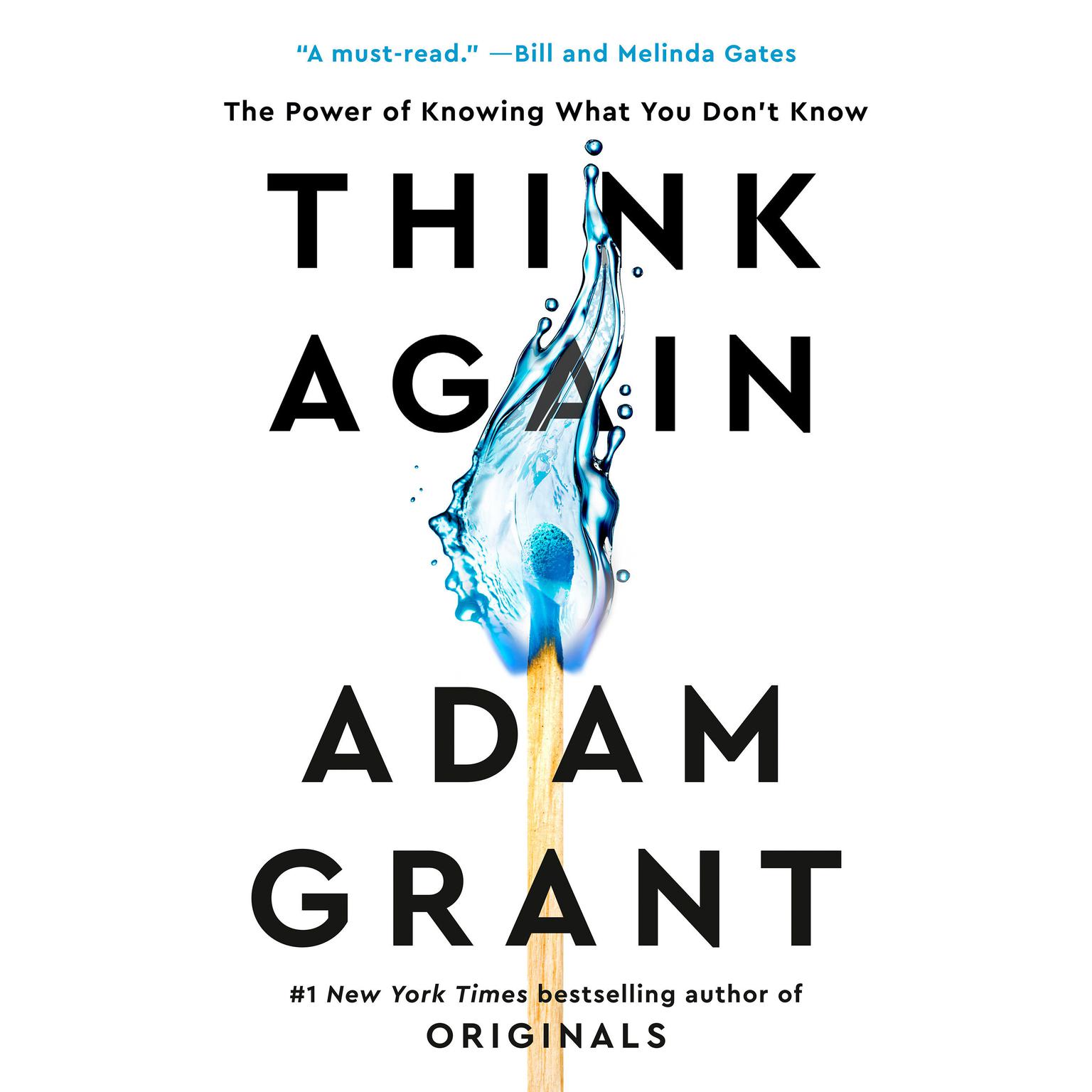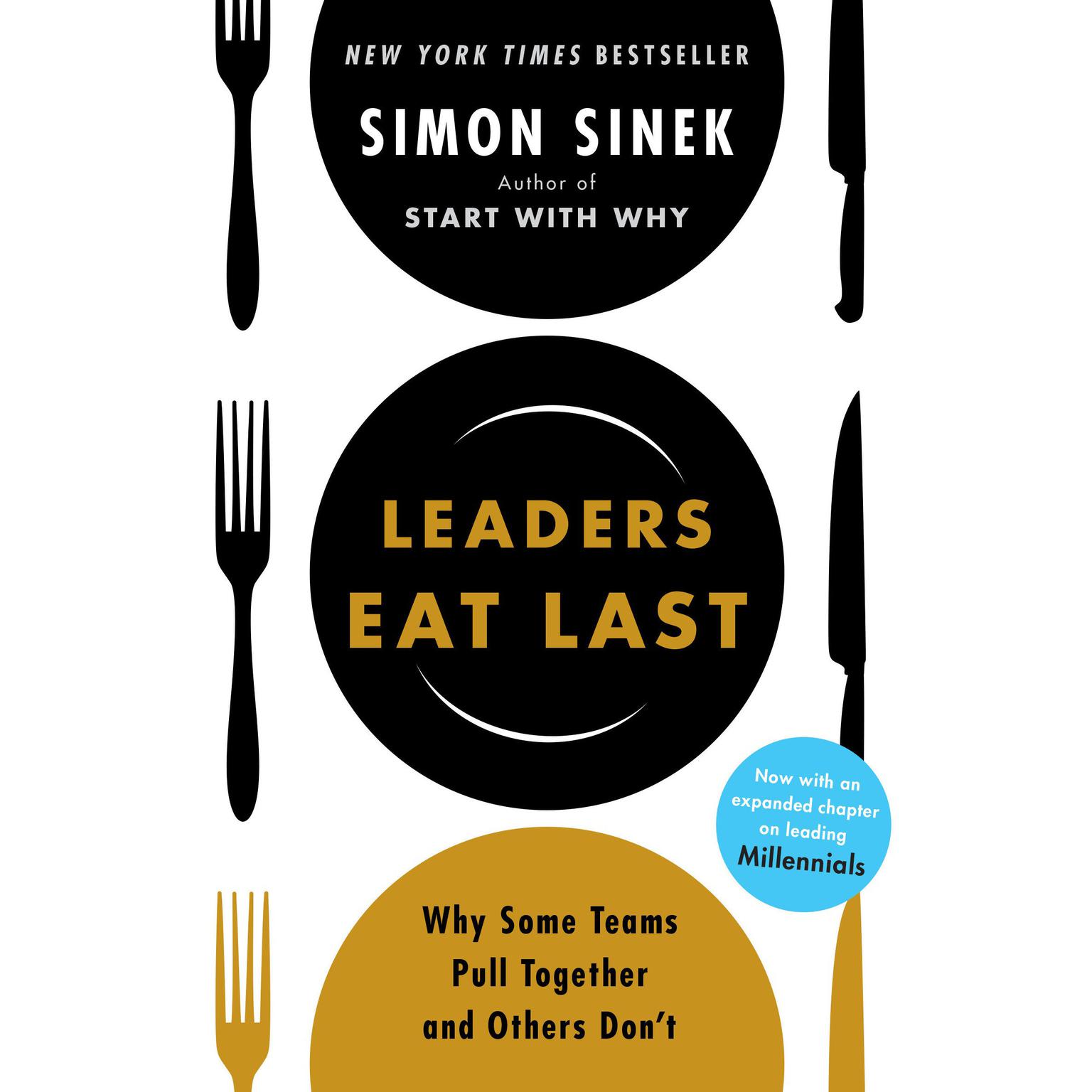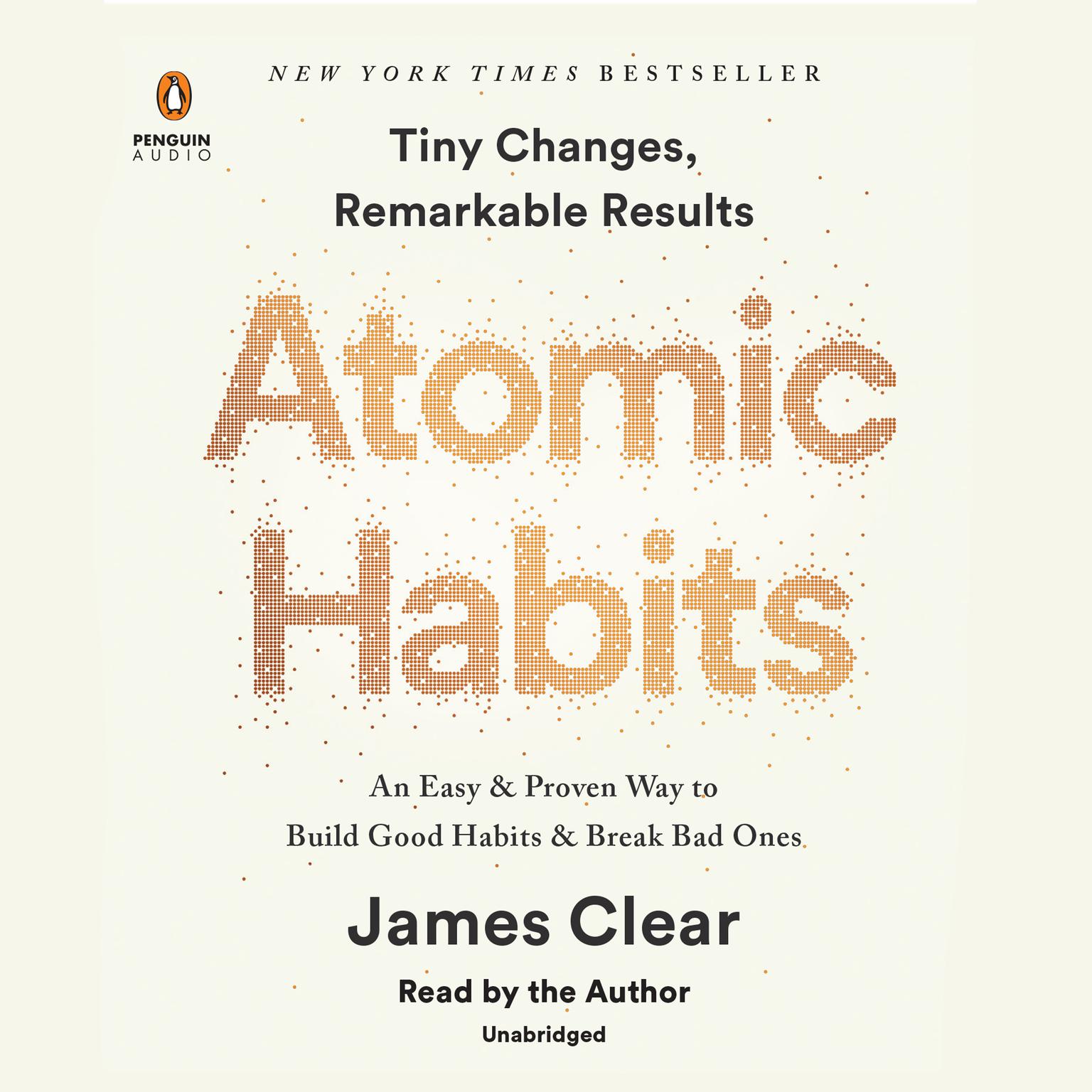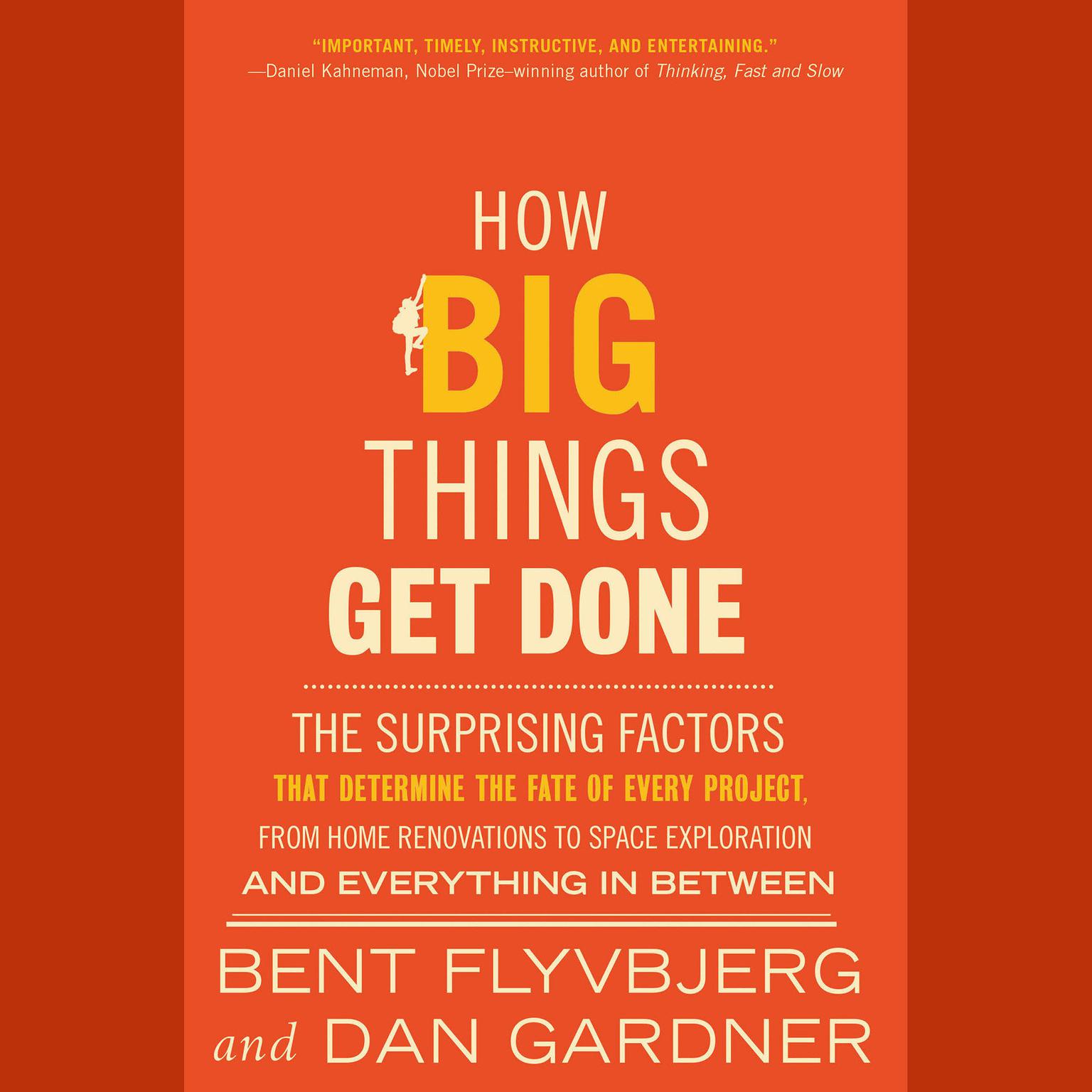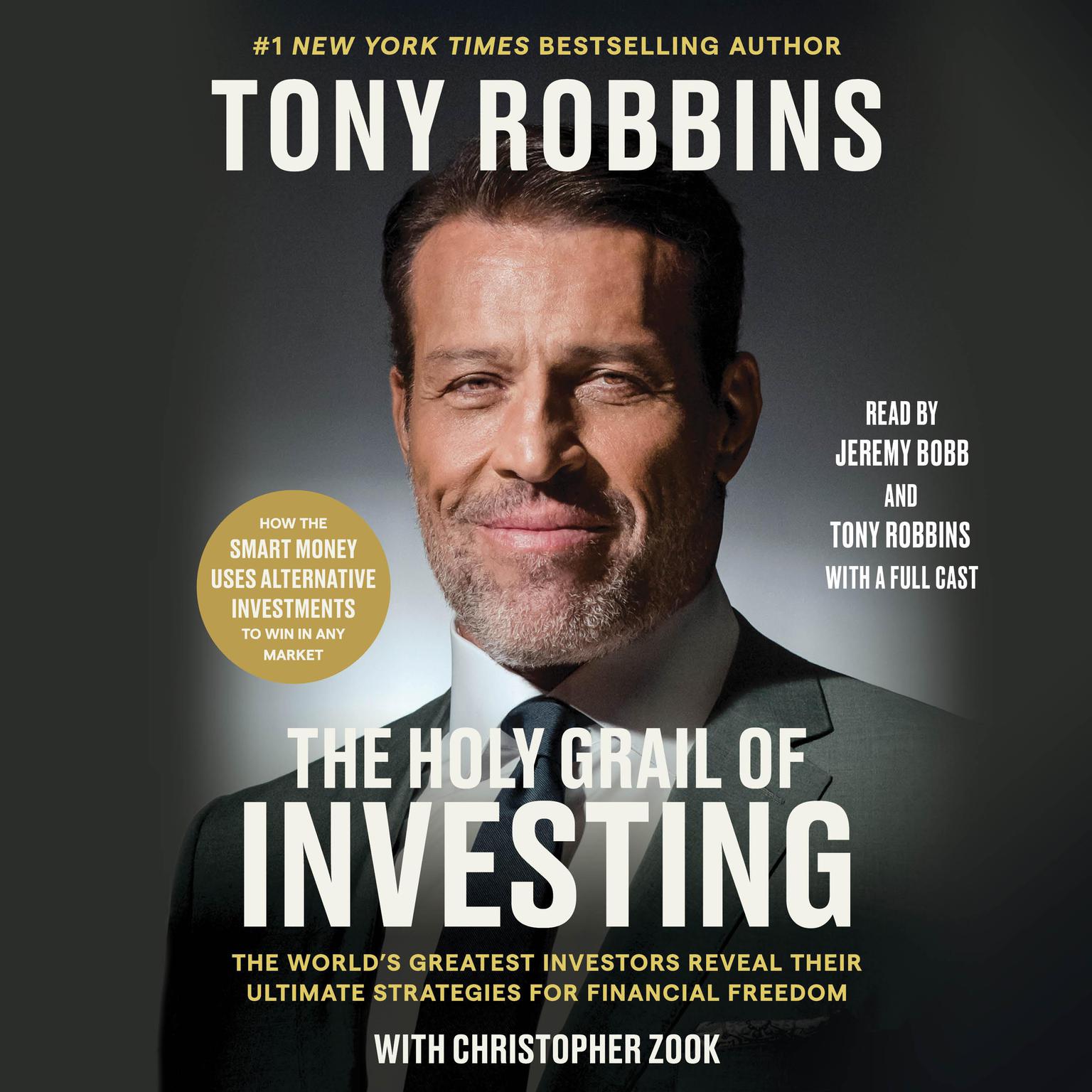Publisher Description
By understanding how and when common sense fails, we can improve our understanding of the present and better plan for the future. Drawing on the latest scientific research, along with a wealth of historical and contemporary examples, Watts shows how common sense reasoning and history conspire to mislead us into believing that we understand more about the world of human behavior than we do; and in turn, why attempts to predict, manage, or manipulate social and economic systems so often go awry. It seems obvious, for example, that people respond to incentives; yet policy makers and managers alike frequently fail to anticipate how people will respond to the incentives they create. Social trends often seem to be driven by certain influential people; yet marketers have been unable to identify these “influencers” in advance. And although successful products or companies always seem in retrospect to have succeeded because of their unique qualities, predicting the qualities of the next hit product or hot company is notoriously difficult even for experienced professionals. Watts’ argument has important implications in politics, business, and marketing, as well as in science and everyday life.
Download and start listening now!
“Freakonomics has a lot to answer for — a whole series of books arguing against our pathetic, puny common sense and assumptions about modern life and for probability-based thinking. Drug dealers actually live with their mothers and make less than the minimum wage — that sort of thing. This book is another in the series, and a good one. The author points out that most of our explanations for why things are or why they happen are circular. We say, for example, that the Mona Lisa is a magnificent painting because it has the attributes of a magnificent painting. And predicting freak events is virtually impossible, because we don’t know the terms of a unique event until it happens. The author argues that it’s better to track what’s in front of us — current reality –and react quickly to that, rather than to try to predict what’s going to happen.”
—
Nick (5 out of 5 stars)

